WAC's Top 10 Architecture Books Of 2024
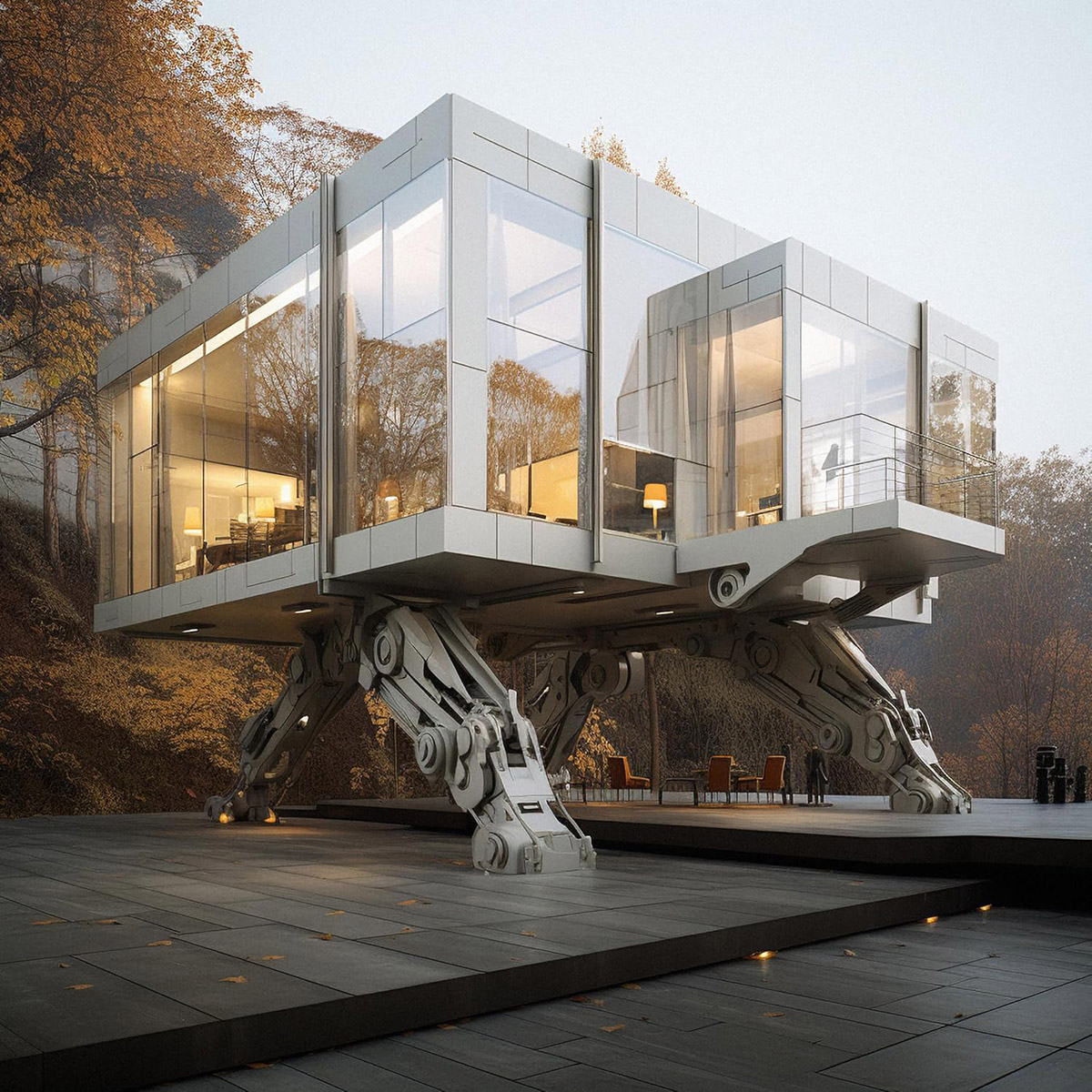
In our third annual review of 2024, we have selected the best architecture books published on WAC Books for our readers. As part of our annual tradition at WAC, we select books that explore a wide range of topics.
This year's selections feature a groundbreaking vision of the future of AI, a comprehensive monograph exploring the work of photographer Hélène Binet, a series of carefully chosen case studies on schools as regenerative spaces, and innovative concepts for the future of energy in architecture and design. Additionally, there are captivating dreamscapes and interiors created with the help of AI.
American art and architecture critic Aaron Betsky's The Monster Leviathan: Anarchitecture, Zupagrafika's Kiosk: The Last Modernist Booths Across Central and Eastern Europe, Marc Treib's Noguchi's Gardens, Landscapes As Sculpture, gestalten and Sam Lubell's American Icons: The Architecture Of The United States: Visions And Defiance are among WAC's most captivating books of 2024.
Explore our extensive archive of WAC Books and choose your favorite book below to enhance your bookshelf (in no particular order):
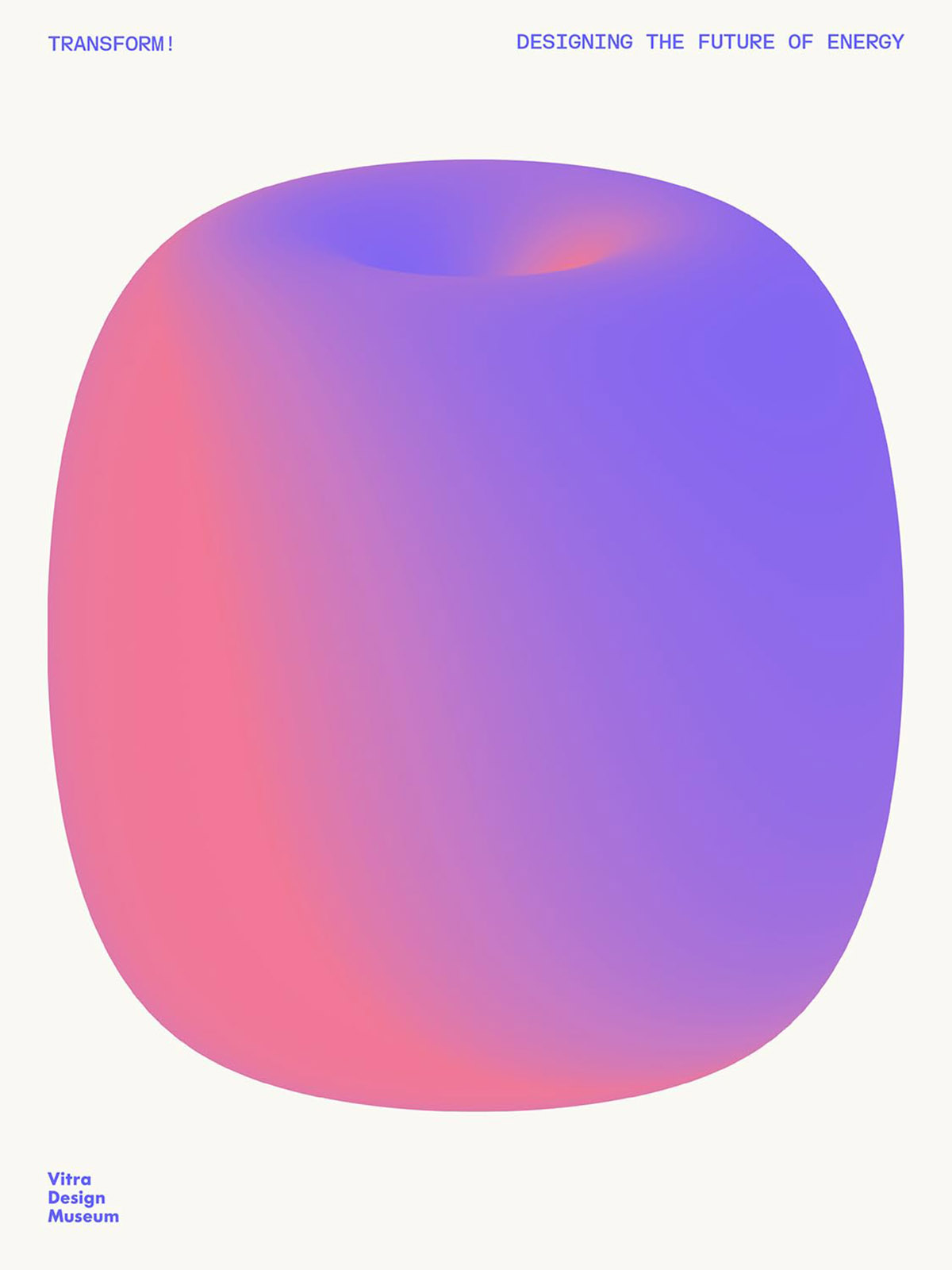
Image courtesy of Amazon
1. Transform! Designing the Future of Energy by Mateo Kries (Editor), Jochen Eisenbrand (Editor), Daniel Barber (Contributor), Donatella Germanese (Contributor), Carola Hein (Contributor), Stephan Rammler (Contributor), Catharine Rossi (Contributor)
Energy is one of the biggest problems of our day and it is directly related to architecture and design. It is not just a physical asset but also an ethical and political value that must be considered.
Published by Vitra Design Museum, from the perspective of design, the 195-page book examines the current, drastic changes in the energy sector, from products that capture renewable energy to solar house and wind turbine designs, and from intelligent mobility ideas to future visions of self-sufficient communities. It highlights the world's energy needs and poses important questions, such as how design may help us use renewable energy sources more effectively and use less energy overall.
Read more and purchase the book on WAC Books.
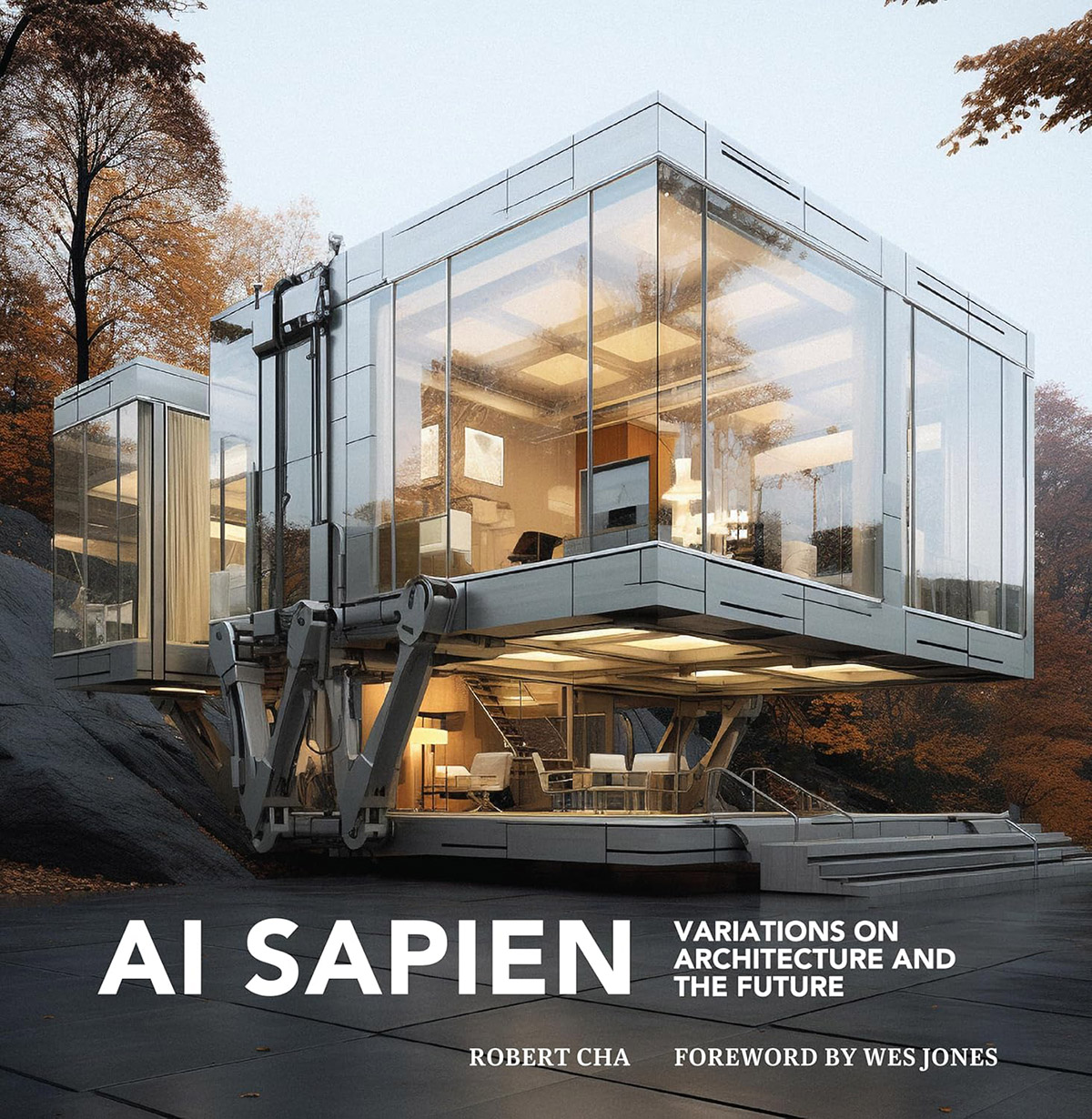
Image courtesy of Amazon
2. AI Sapien: Variations On Architecture And The Future by Robert Cha (Author)
Author Robert Cha has documented a set of 128 unique AI-generated artworks, as well as thought-provoking conversations and moving poems produced in partnership with AI, set to Bach's Goldberg Variations.
Published by ORO Editions, the 192-page book investigates the future of architecture and its connection to these ontologically enigmatic technologies that are starting to mimic sentient through this mixed-media approach. This book offers new insights into the mysterious "Black Box" of AI and presents a future in which habitat and AI are inexorably interwoven.
Read more and purchase the book on WAC Books.

Image courtesy of Amazon
3. Hélène Binet (Architectural Photographers) by Marco Iuliano (Author), Martino Stierli (Author)
Hélène Binet is one of the most important photographers of the 20th century. The book is the full monograph of Hélène Binet's work, which includes two in-depth analytical essays. Binet has photographed both modern and old architecture over the course of forty years.
The 160-page book was published by Lund Humphries. According to Marco Iuliano, Hélène Binet's family history includes her early "discovery" of architectural photographer Lucien Hervé, her upbringing in the Italian fishing village of Sperlonga and Rome, her partnerships with Daniel Libeskind and John Hejduk, and her introduction to Zaha Hadid at the Architectural Association (AA) in London. The essay delves into Binet's method, archive, and attitude to photography.
Read more and purchase the book on WAC Books.
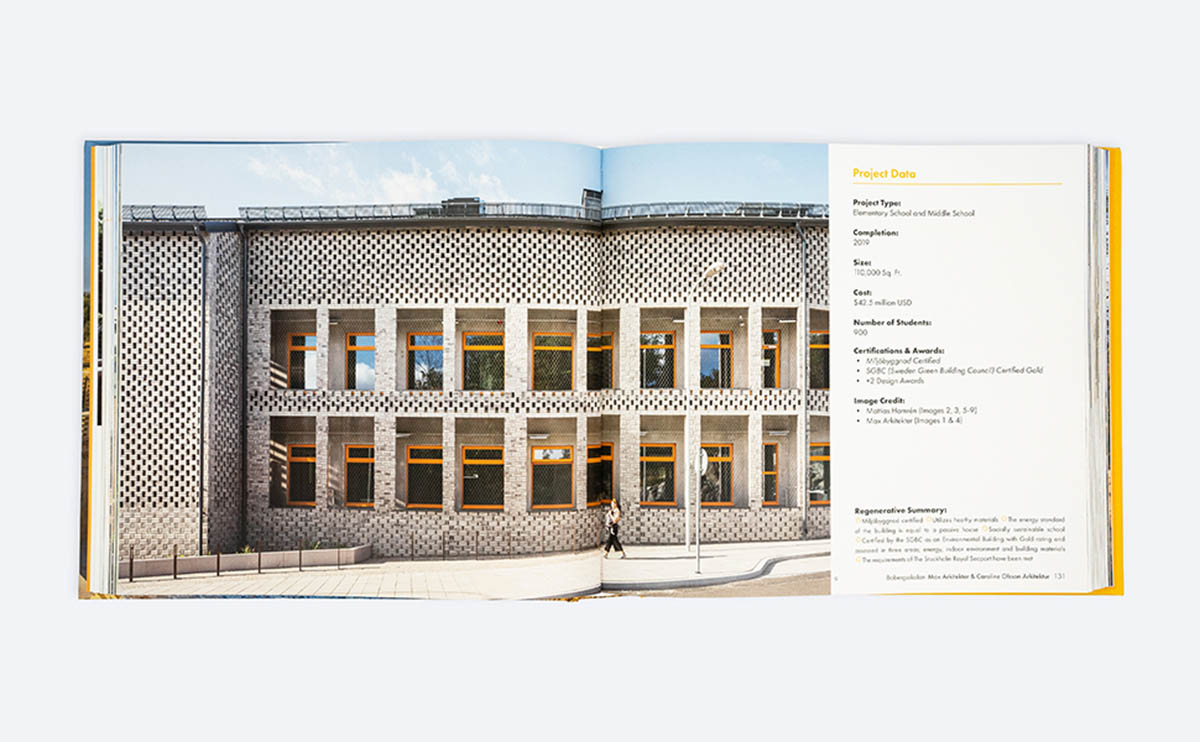
Image courtesy of Amazon
4. Creating the Regenerative School by by Alan Ford (Author), Kate Mraw (Author), Betsy del Monte (Author)
With designs that are not only aesthetically pleasing learning spaces but also embrace restorative principles, the Regenerative School book profile highlights case studies from around the globe that demonstrate best practices in developing healthy, climate-appropriate learning environments for early learners through high school, improving the lives of the occupants, the environment, and the community in which they live.
Published by ORO Editions, eight pages of content, including numerous photos, plans, diagrams, and over 1,000 words of text that highlights the distinctive solutions, are included in each project profile. Five criteria were used to analyze case studies: • Strategies for Net-Zero Energy and Carbon • Features of Regenerative, Healthful Buildings • Post-occupancy data; • Occupant satisfaction; • Evidence-based informed design.
Read more and purchase the book on WAC Books.
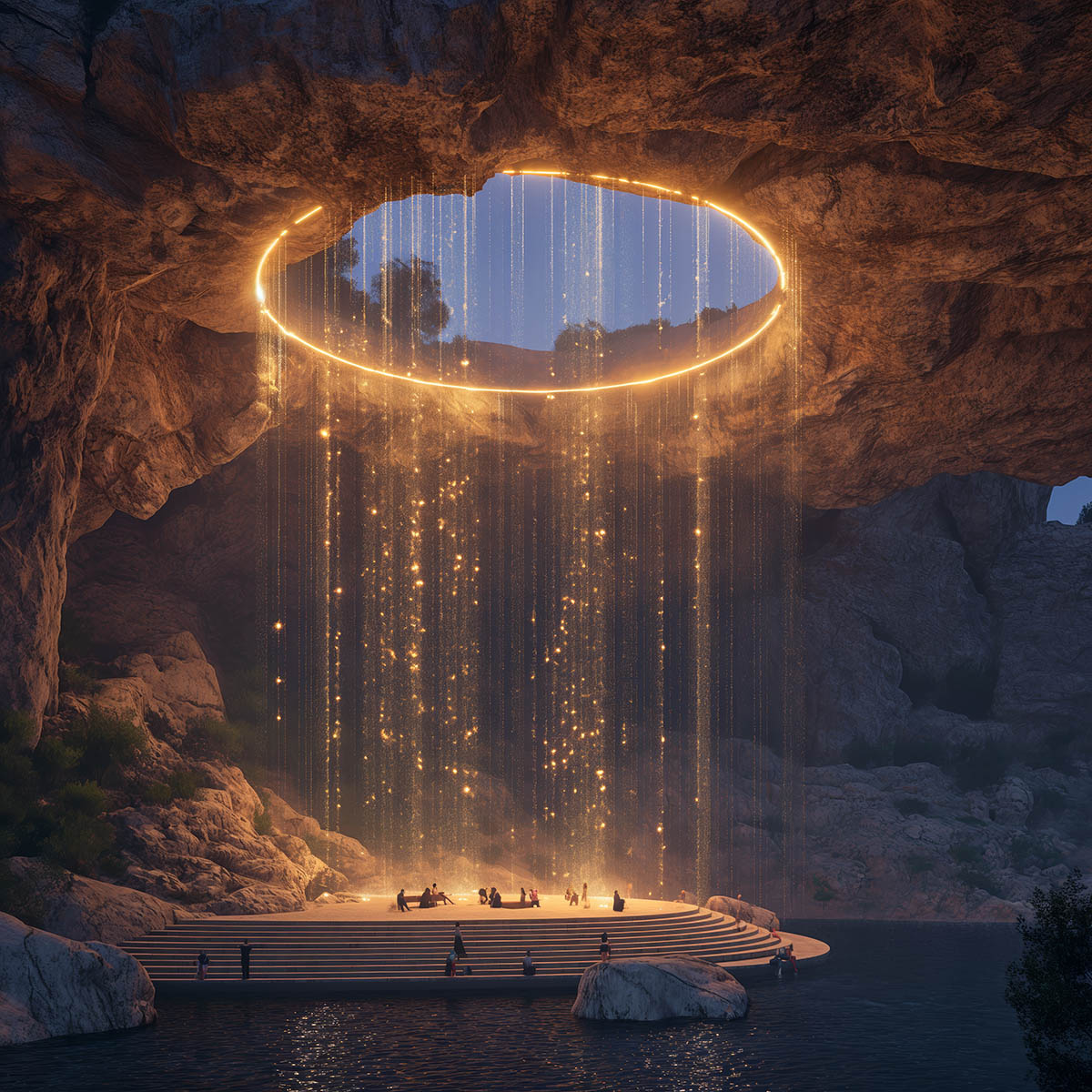
p.232 Carlos Bañon Blazquez, Living in a Dream, gestalten 2024, courtesy of gestalten
5. Living In A Dream: Dreamscapes, Imagined Architecture, And Interiors by gestalten (Editor)
This collection is presented as a powerful celebration of the transformational power of design and unbounded imagination. The 265-page book was published by gestalten.
Living in a Dream is an amazing collection of interior and architectural marvels. Every page of this carefully chosen compilation reveals a new area of creative innovation, inviting readers to explore the halls of boundless imagination. The book goes beyond accepted bounds, providing an insight into the thoughts of creative visionaries who have dared to think outside the box.
Read more and purchase the book on WAC Books.
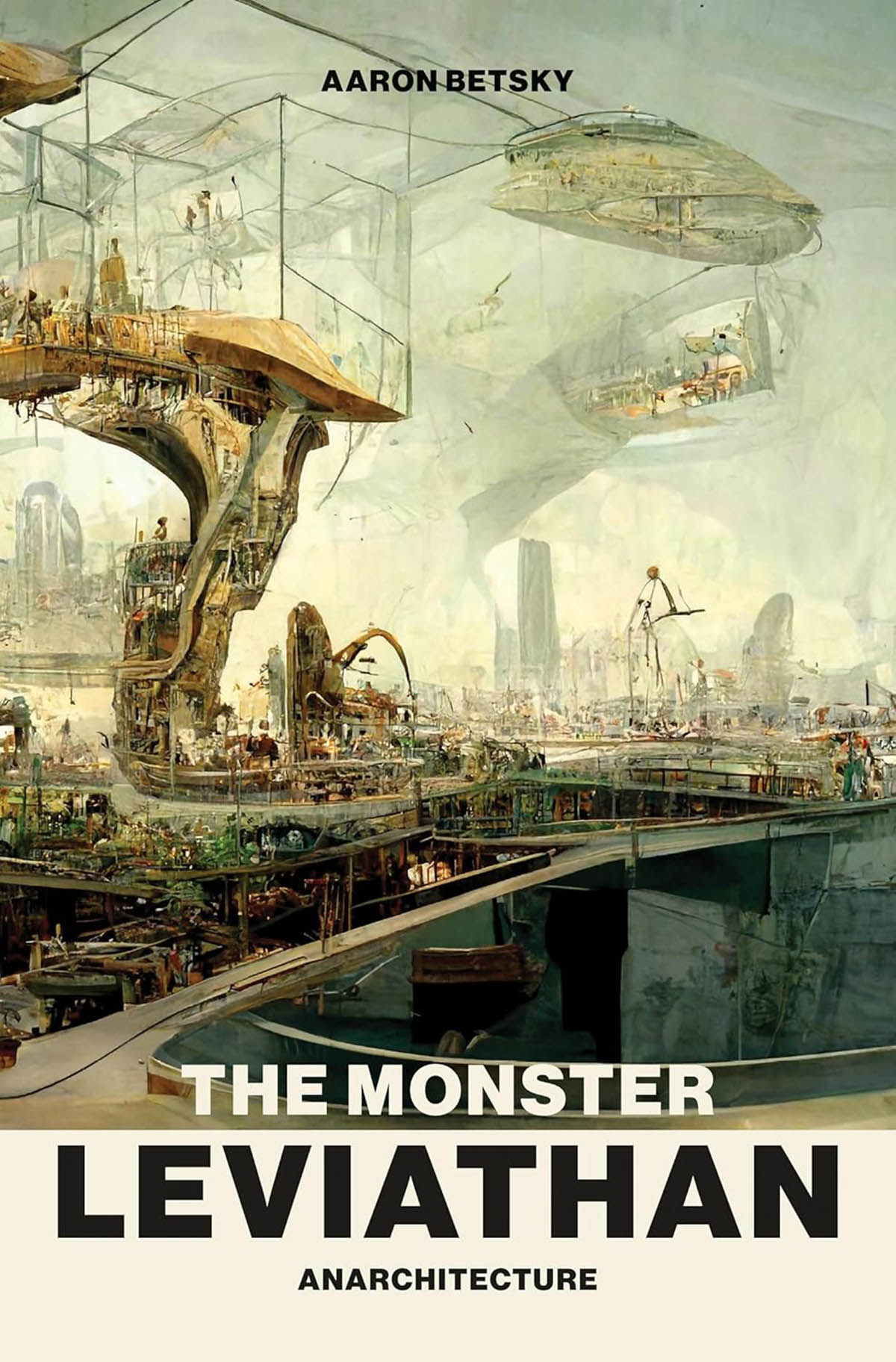
Image courtesy of Amazon
6. The Monster Leviathan: Anarchitecture by Aaron Betsky (Author)
American art and architecture critic Aaron Betsky explores an architecture through twentieth- and early twenty-first-century texts, art, and design in The Monster Leviathan. He contends that these fleeting evocations are actual suggestions in and of themselves. They are scenes that are either imaginative enough to open our eyes or realistic enough to convince us that they exist; they are neither functioning models nor ideas for new forms.
The 464-page book was published by The MIT Press.
Students and architecture enthusiasts, as well as people who aspire to build a better, more sustainable, and socially just future, can envision that such alternate worlds are achievable with the help of the Monster Leviathan. An architecture already existing and does not exist at all, as Betsky so eloquently states. All we need to do is locate the myth of building.
Read more and purchase the book on WAC Books.
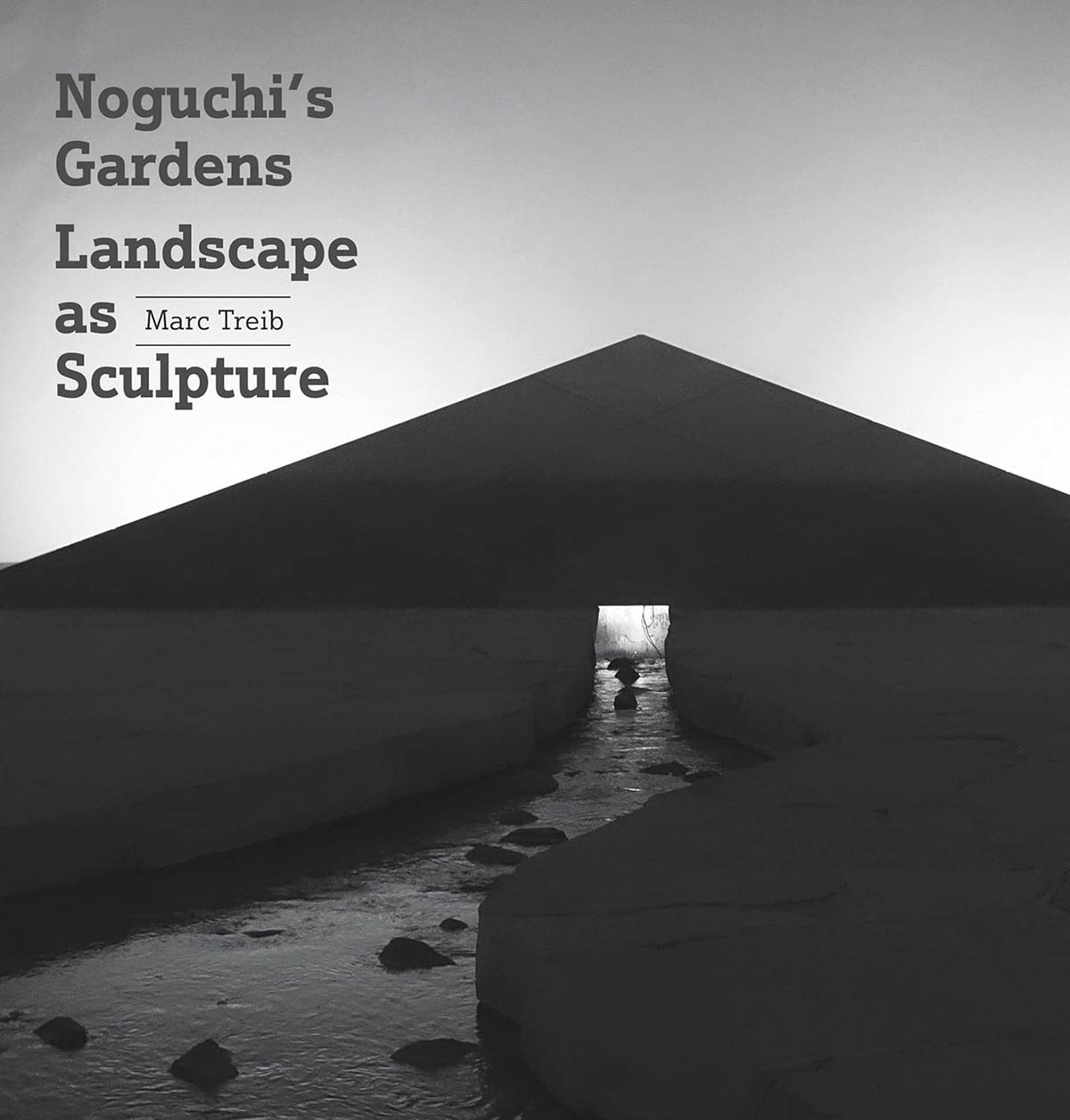
Image courtesy of Amazon
7. Noguchi's Gardens, Landscapes As Sculpture by Marc Treib (Author)
Noguchi considered landscape design to be a formal and spatial art, and he was successful in creating a number of noteworthy locations from his early environmental initiatives to his later mature works.
Renowned landscape historian Marc Treib details and evaluates projects ranging from his early unfinished plans for playgrounds and monuments to a sizable park in Sapporo, Japan, whose construction was only finished after his death, in this thorough and beautifully illustrated analysis of Noguchi's gardens.
The 304-page book was published by ORO Editions.
Read more and purchase the book on WAC Books.
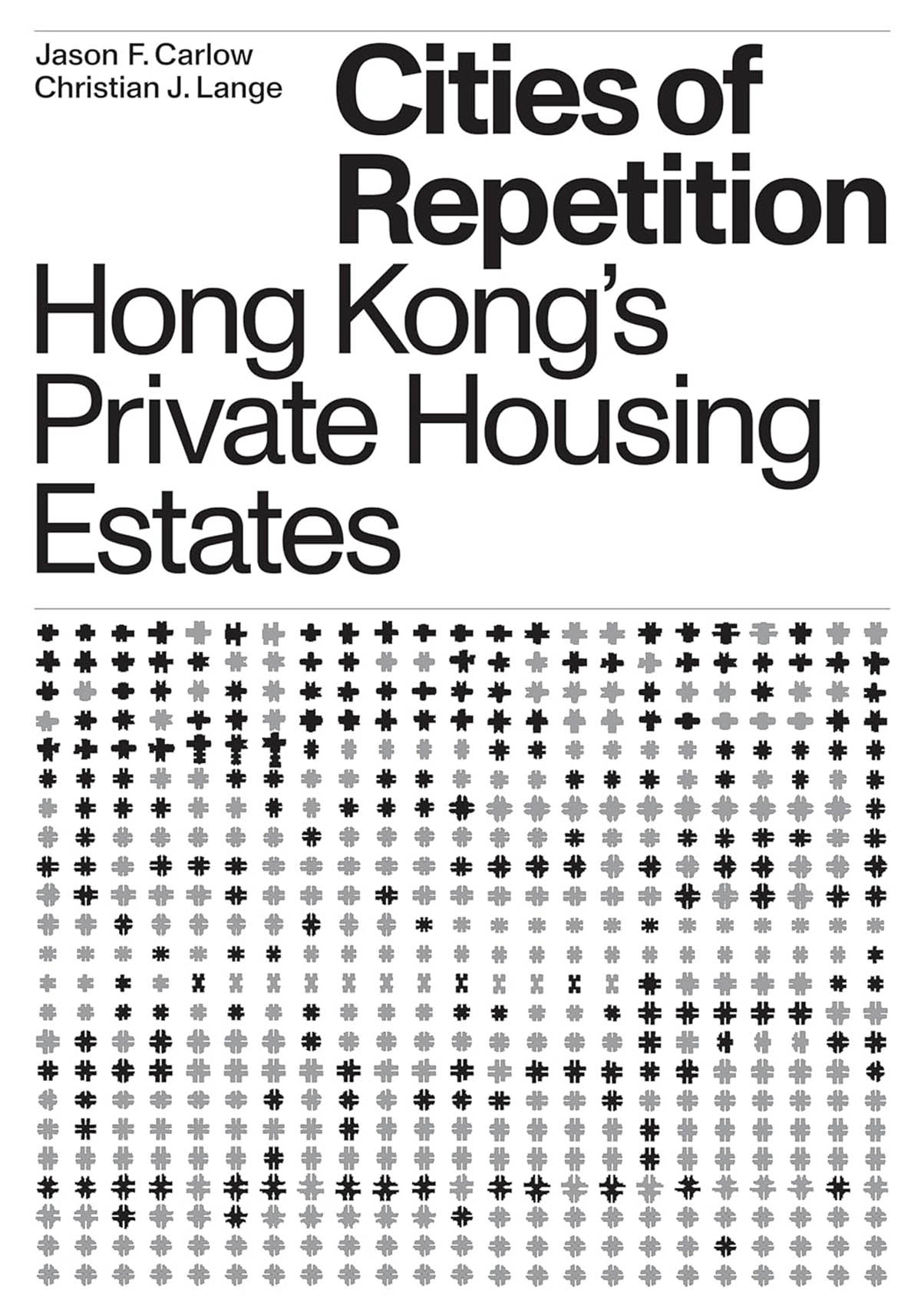
Image courtesy of Amazon
8. Cities Of Repetition: Hong Kong's Private Housing Estates by Christian J. Lange (Author), Jason F. Carlow (Author)
The greatest housing complexes in Hong Kong constructed by private developers between the late 1960s and the early 2000s are thoroughly documented and analyzed graphically by the Cities of Repetition book.
The ultra-dense, mass-produced, highly repetitive constructed surroundings that hundreds of thousands of people in Hong Kong live in are depicted and contrasted in the original drawings and diagrams. In addition to showing the vast scope of the city's housing complexes, drawings, diagrams, and photographs also highlight the hundreds of identically designed housing units and their minor variations.
The 144-page book was published by ORO Editions.
Read more and purchase the book on WAC Books.
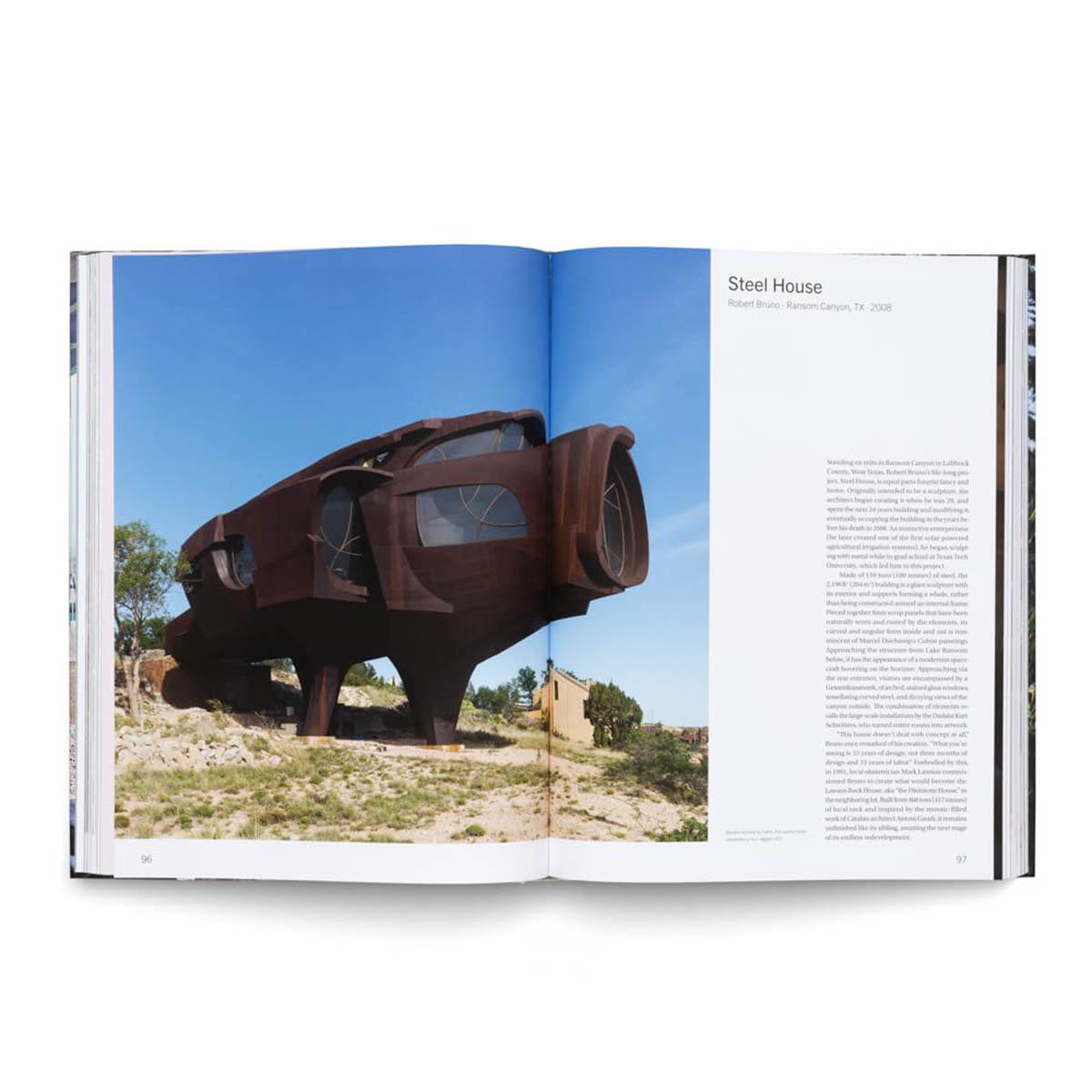
Image courtesy of Amazon
9. American Icons: The Architecture of the United States: Visions and Defiance by gestalten (Editor), Sam Lubell (Editor)
American Icons is a tribute to the country's architectural wonders, ranging from skyscrapers to residences, from airports to museums, and more. It includes amazing pieces by well-known architects John Lautner, Frank Lloyd Wright, Mies van der Rohe, and many more.
Published by gestalten, the 288-page American Icons reveals the tales of some of the greatest architects of the 20th century that shape the American skylines through meticulous, expertly shot photographs and engrossing readings by Sam Lubell, writer for The New York Times.
Read more and purchase the book on WAC Books.

Image courtesy of Amazon
10. Kiosk: The Last Modernist Booths Across Central and Eastern Europe by Zupagrafika (Author)
This 208-page photobook offers unrivalled documentation of the final modernist kiosks that witnessed the socio-political upheaval of Central and Eastern Europe in the late 20th century, with over 150 kiosks from Belgrade to Berlin and from Ljubljana to Warsaw. Some have been abandoned or have gradually disappeared from the urban scene, while others have been rebuilt or are still in use.
Martyna Sobecka and David Navarro, the founders of Zupagrafika, took the pictures in this one-of-a-kind collection during the past ten years. Architectural historian Anna Cymer's introduction and urban explorer Maciej Czarnecki's foreword provide important insights into the history of these movable buildings.
